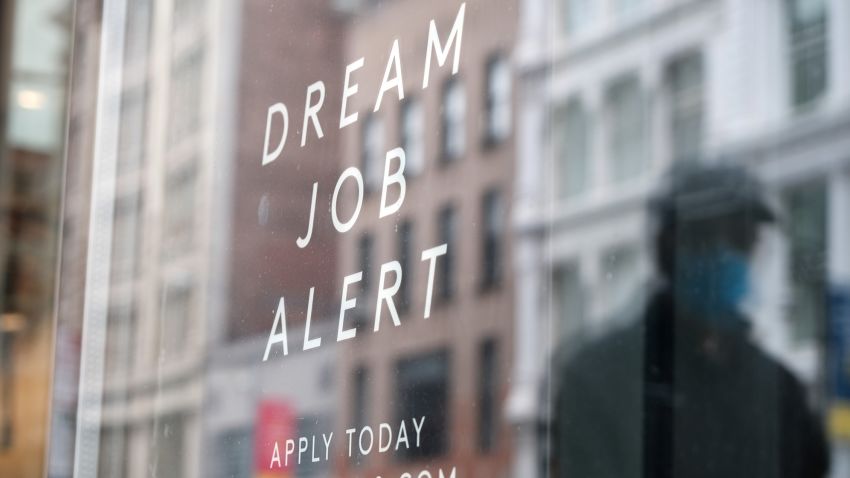Minneapolis CNN —
The pace of US consumer price increases continued to cool down in March from last summer’s scorching-hot levels: Annual inflation, as measured by the Consumer Price Index, dropped for the ninth consecutive month, the Bureau of Labor Statistics reported Wednesday.
Prices rose 5% for the 12 months ended in March, down from 6% in February. It’s the smallest 12-month increase since May 2021.
On a monthly basis, CPI, which measures price changes over time for a basket of goods, ticked up 0.1% from February, as compared to a previous 0.4% increase.
Shelter costs were the largest contributor of the monthly gain, offsetting sharp declines across energy categories, according to the BLS.
And for the first time since September 2020, grocery prices fell on a monthly basis: The food at home index dropped 0.3% for the month, helped by lower prices in eggs (which fell nearly 11%) and fruits and vegetables (which declined 1.3%).
Economists were expecting an annual increase of 5.2% and a monthly gain of 0.2%, according to Refinitiv.
Stripping out the often-volatile components of food and energy, core CPI grew 0.4% for the month, resulting in a 5.6% annual growth rate. In February, core CPI accelerated 0.5% month on month and 5.5% year over year.
CPI is one of the major inflation gauges that’s being watched like a hawk by the Federal Reserve, which is in the throes of a yearlong campaign to battle inflation through monetary tightening and stark interest rate hikes.
That fight grew more complex in March with the collapse of two regional US banks, which then caused turmoil in the financial industry. The Fed, the Treasury Department and the Federal Deposit Insurance Corporation stepped in to shore up depositors and prevent future bank runs.
However, there are expectations that the turmoil could mean future credit tightening, which in turn could dampen demand and even help the Fed in its inflation-fighting goals. However, it could also create more uncertainty about a future recession.
“The CPI is backwards looking and the Fed still has to consider how much of a credit crunch to factor into the economy,” said Gina Bolvin, president of Bolvin Wealth Management, in a statement.
While inflation has moderated since reaching a decades-high level last summer, the pace has been slower than anticipated as a strong labor labor market and resilient consumer spending has continued to fuel economic growth.
This story is developing and will be updated.
.png)
 1 year ago
6
1 year ago
6










 English (US) ·
English (US) ·